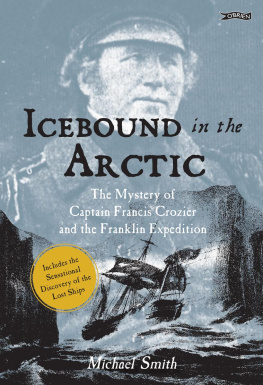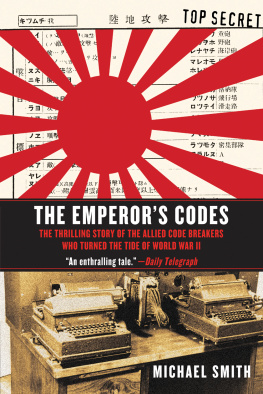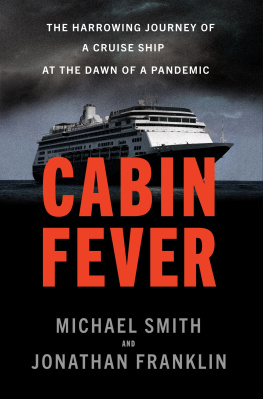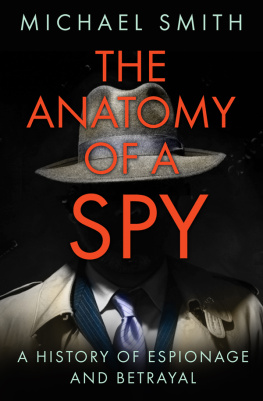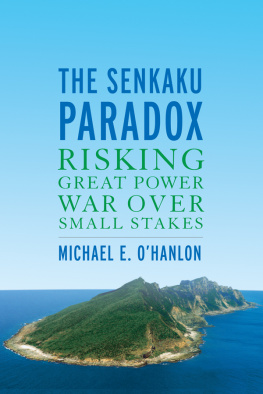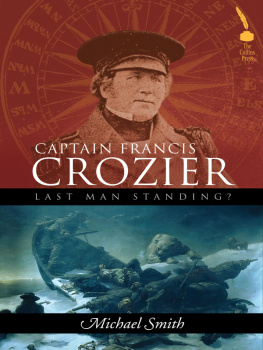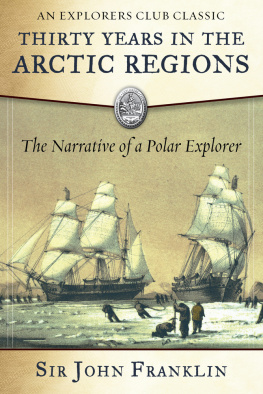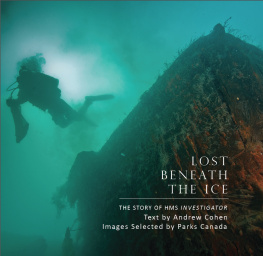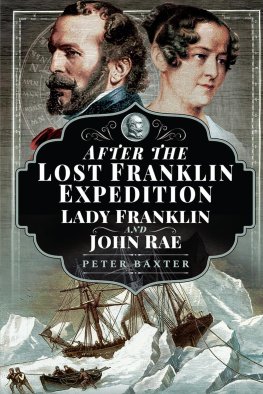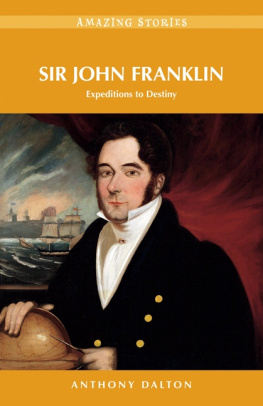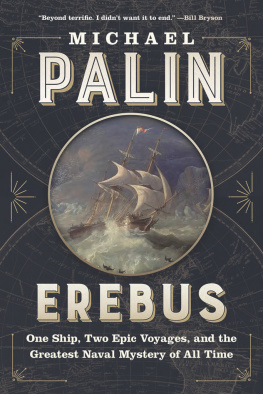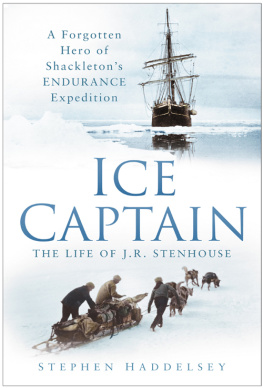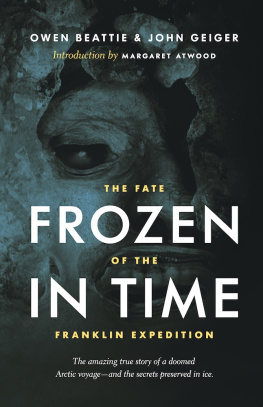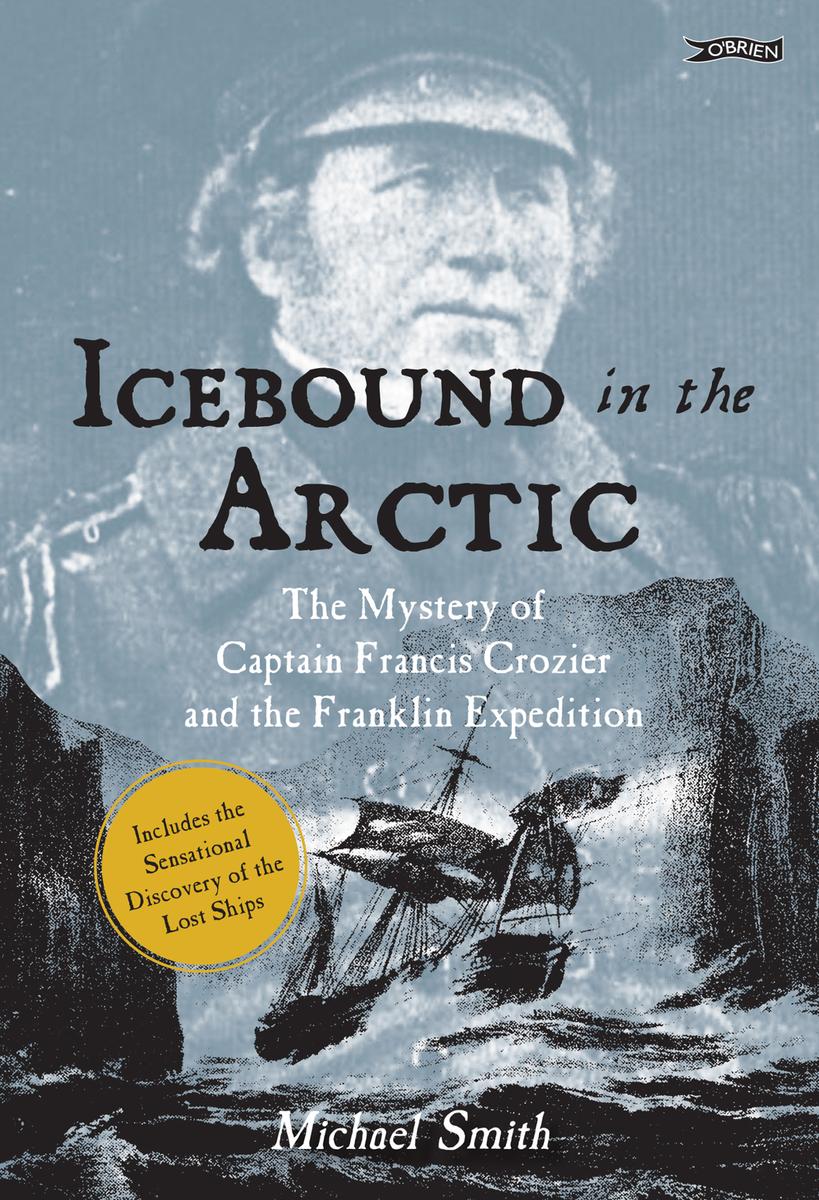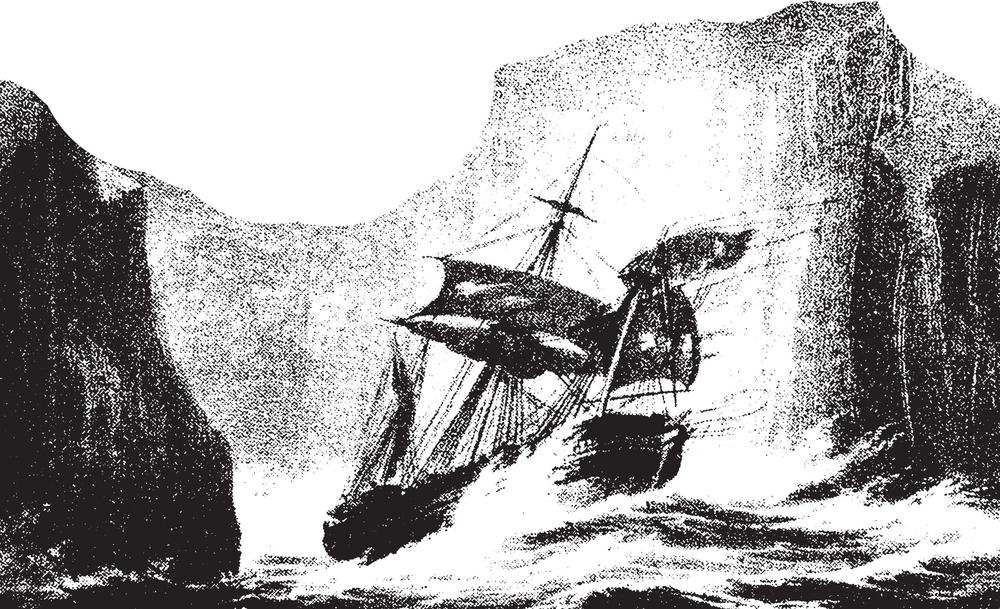This book could not have been written without the help and support of a large number of people, and I am extremely grateful to all those whose assistance has made it possible to chronicle the life of Francis Rawdon Moira Crozier. Any omissions are unintentional.
Special mention should go first to those members of the Crozier family who gave me valuable support and every encouragement to write this biography. They willingly provided documents and detailed knowledge about the family and its most famous son. I extend my sincere thanks to Carol Crozier, James Crozier and John Crozier for their help and much-appreciated kindness, and to Rodney Freeburn who has been of considerable assistance. In particular, I am deeply indebted to Martin Crozier, who generously and enthusiastically shared his unrivalled knowledge of the Crozier lineage and who was a constant source of assistance. Sincere thanks.
The people of Banbridge the birthplace of Francis Crozier are evidently very proud of their close association with such an illustrious figure, and the towns pride was reflected in the warmth of my reception and the support I received during my research. Personal thanks must go to Jason Diamond of Banbridge Genealogy Services, whose help and co-operation have been invaluable. His thoughtful contributions at the outset were very important to my research and I owe him a great deal. Mention must also be made of Evelyn Hanna and the staff of Banbridge Library, who were always helpful and generous with access to the archives and with local knowledge. I also acknowledge the assistance of Lissa OMalley at Armagh City, Banbridge and Craigavon Borough Council.
I am grateful to Brenda Collins of the Irish Linen Centre and Lisburn Museum and Berni Campbell of Central Library, Letterkenny. I am particularly indebted to the late Shirley Sawtell for her patient endeavours on my behalf in the library of the Scott Polar Research Institute and to Robert Headland, former archivist, for access to the Institutes archives.
I would also like to acknowledge the obliging archivists and other staff at Ballynahinch Library; Berkshire Record Office; British Library; National Archives; Mike Bevan, David Taylor and Barbara Tomlinson and staff at the National Maritime Museum; National Portrait Gallery; Public Record Office Northern Ireland; Mary Chibnall in the library of the Royal Astronomical Society; Julie Carrington and staff at the Royal Geographical Society; Matthew Sheldon, head of research collections at the Royal Naval Museum; Royal Society; Dr Norman Reid, keeper of manuscripts at St Andrews University; and the Archive Office of Tasmania; Alan Derbyshire at the Victoria & Albert Museum Conservation Department; Emma Dadson of Harwell Restoration; Zoe Reid, Senior Conservator at the National Archives of Ireland; Paul Cook, Senior Paper Conservator at the Royal Museums Greenwich.
I received valuable assistance from John Hagan, a native of Banbridge now living in Tasmania. He gave me important advice and valued help in researching and understanding the association between Francis Crozier and Tasmania. I must also thank Doris Hagan for her contribution.
Frank Nugent a member of the first Irish party to sail the North West Passage was a generous and considerate supporter of this book. I will always be grateful to him for his unselfish assistance and willingness to share his considerable knowledge of Irelands long involvement in polar exploration.
I must place on record my gratitude to Ryan Harris, Head of Survey for the Underwater Archaeology Team at Parks Canada who generously shared his time and specialist knowledge of the search for Erebus and Terror. His insight and first-hand experience were hugely important to understanding the modern-day challenge of locating the ships, and I am grateful.
My thanks must also go to Regina Koellner, an enthusiastic and generous supporter of Francis Crozier, who was always ready to help with constructive and valuable suggestions. Crozier himself would have been impressed with her passionate commitment to his story. I am also grateful to Russell Potter, an authority on Arctic exploration, who was generous with his knowledge. I am also indebted for the helpful advice I received from Dr Jim McAdam, David Murphy, Maria Pia Casarini, Louie Emerson and Horace Reid.
Where possible, I have identified all known sources of the material used in this book and provided full accreditation where it can be properly established. I have also made every reasonable effort to trace copyright holders of documents and photographs. Any omissions are unintentional and I would be pleased to correct any errors or oversights.
I owe a special debt of gratitude to Joe OFarrell, a learned and inquisitive observer of polar history, who generously read the manuscript and provided much thoughtful and constructive advice. Thanks, Joe.
It would not have been possible to write this book without the astute involvement of my two sons, Daniel and Nathan, whose skill and patience in handling my incessant requests for assistance with modern technology has been invaluable. Without their calming influence, this book might well have been written with a quill and ink.
Finally, I must say a huge personal thanks to Barbara, my wife. She was unwaveringly supportive and patient, and these few lines can never fully express my deep gratitude.
Contents
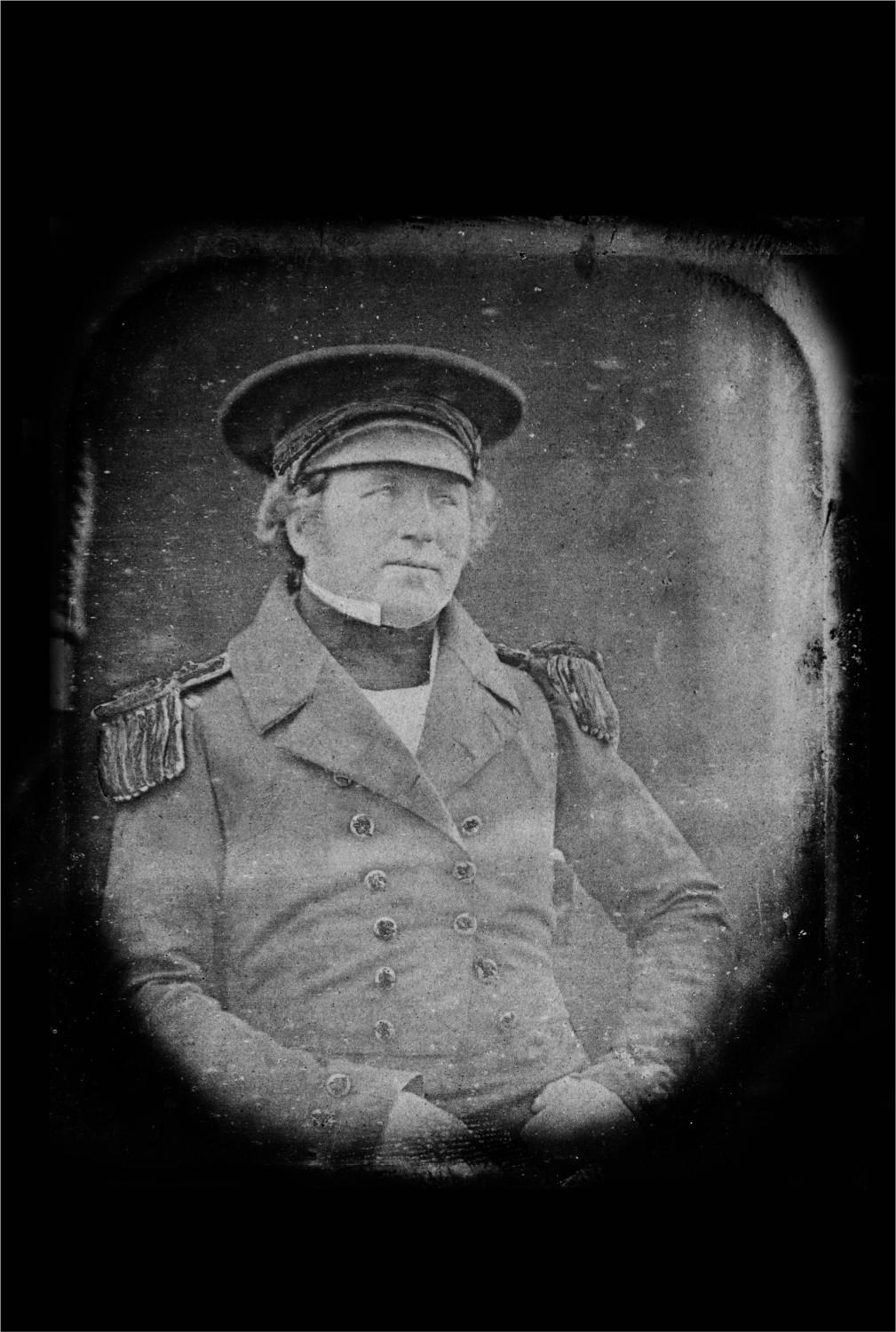
Francis Rawdon Moira Crozier, explorer, sailor and scientist.

I n general, the terminology in use during the nineteenth century is employed in this book and where necessary, the modern version is also included. For example, Van Diemens Land refers to Tasmania (in use after 1855) and I have generally used Great Fish River or Backs Great Fish River which was in use at the time and is today known as Back River.
The question as to how to refer to the native people of the Canadian Arctic during the age of exploration is difficult. Although the most acceptable term today is Inuit, the term Eskimo (or Esquimaux) was commonly used during the nineteenth century, when most events in this book took place. For the purposes of this book, I use Inuit and only employ Eskimo where it comes from a direct quotation or reference. Alternatively, significant events in this book occurred around King William Island which is called Qikiqtaq in the Inuktitut language. For simplicity, I refer to King William Island which was in widespread use at the time. No discourtesy is intended.
The punctuation, spelling and grammar used in original quotations are faithfully repeated, however erratic they may be.

